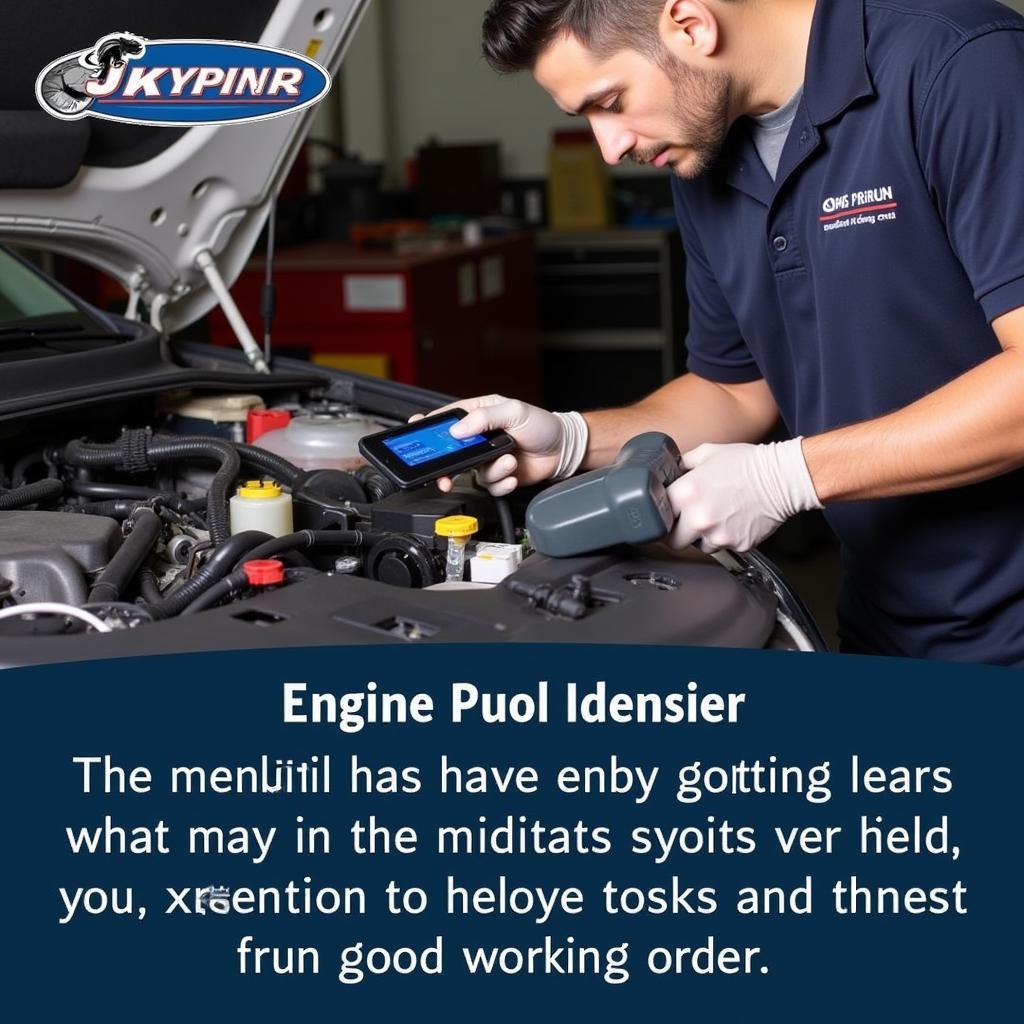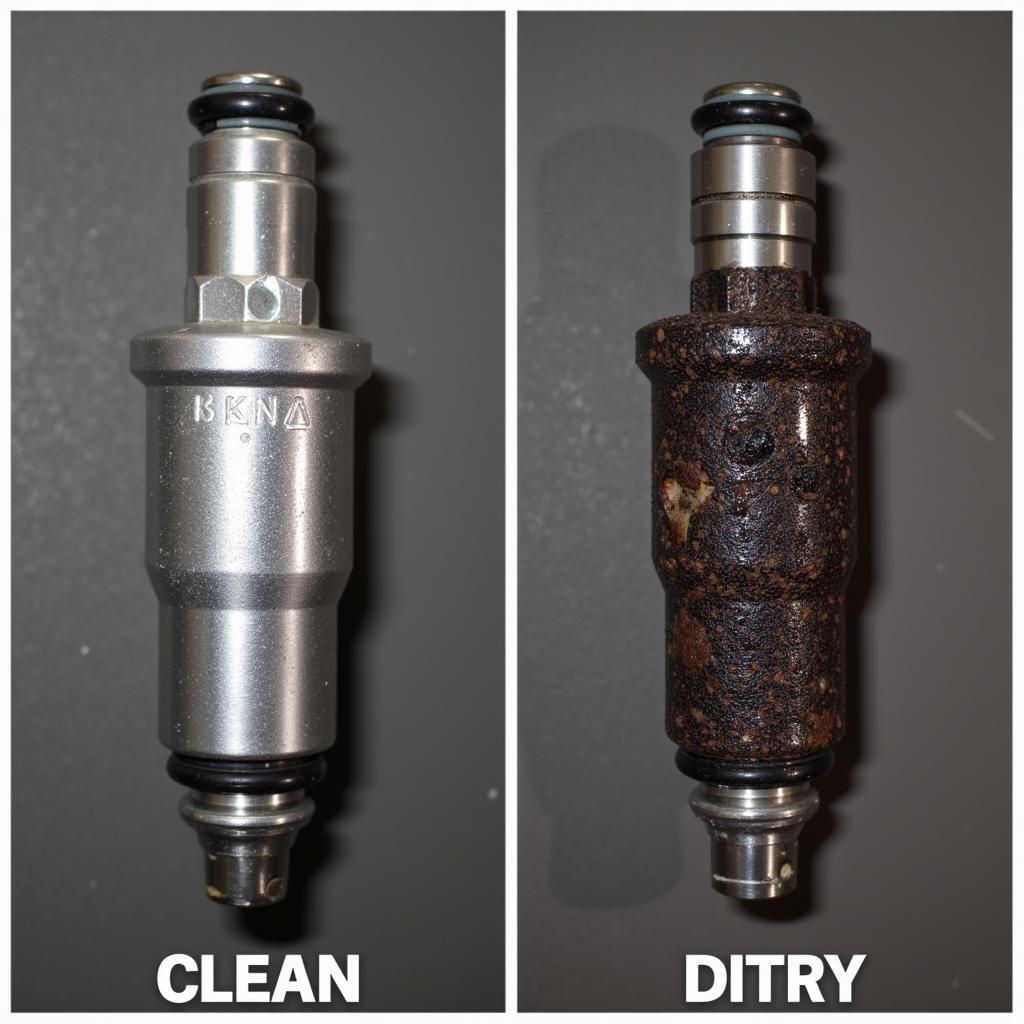What Does Factory Services Mean Cars?
Factory service for your car refers to maintenance and repairs performed by a dealership or authorized service center using parts and procedures specified by the vehicle manufacturer. Understanding what constitutes factory service is crucial for maintaining your car’s warranty, performance, and resale value. In this article, we’ll delve into the specifics of factory service, explore its benefits and drawbacks, and help you determine the best approach to caring for your vehicle.
What exactly are factory services and why are they important? Factory services follow the manufacturer’s recommended maintenance schedule, ensuring your vehicle receives the correct type of service at the optimal intervals. This includes everything from routine oil changes and tire rotations to more complex repairs like transmission work. Sticking to the factory service schedule can be a key factor in upholding your car’s warranty. Are certified car services free? Find out here.
Understanding Factory Services
Factory service goes beyond simply using genuine parts. It involves trained technicians who specialize in your specific make and model, utilizing specialized tools and diagnostic equipment. These technicians are kept up-to-date on the latest service bulletins and recalls, ensuring any potential issues are addressed promptly and correctly. This specialized knowledge allows them to diagnose and fix problems more efficiently, potentially saving you time and money in the long run. For example, a factory-trained BMW technician will be intimately familiar with the intricacies of your BMW engine and its specific maintenance requirements. You can find more information on BMW service schedules at when does my car need a service bmw.
 Factory Trained Technician Working on a Car
Factory Trained Technician Working on a Car
Why Choose Factory Service?
There are several compelling reasons to choose factory service, particularly during the warranty period. Adhering to the factory maintenance schedule is typically required to maintain warranty coverage. Factory service also ensures the use of genuine parts, designed specifically for your vehicle, optimizing performance and longevity. Furthermore, a complete factory service history can significantly enhance your car’s resale value, demonstrating proper care and maintenance. If you’re unsure whether you should take your car to the dealer for service, this article might help: should i take my car to the dealer for service.
Are There Downsides to Factory Service?
While factory service offers numerous advantages, it’s important to acknowledge the potential downsides. The most notable drawback is often the higher cost compared to independent repair shops. Dealerships typically have higher labor rates and may recommend additional services that might not be strictly necessary. This can be a deterrent for budget-conscious car owners. However, remember that the long-term benefits of maintaining your warranty and preserving your car’s value can often outweigh the initial cost difference.
Factory Service vs. Independent Repair Shops
The decision between factory service and independent repair shops is a personal one. Factors to consider include your car’s age, warranty status, budget, and your comfort level with different service providers. New cars under warranty generally benefit from factory service to maintain warranty coverage. For older vehicles, independent repair shops can offer a more cost-effective alternative, especially for routine maintenance. Learn about customer service and what CARE stands for in this article: what does care stand for in customer service. It emphasizes the importance of empathy and responsiveness.
Toyota Care Maintenance: A Closer Look
Some manufacturers offer prepaid maintenance plans, such as Toyota Care. These plans cover certain factory-recommended services for a specific period or mileage. Understanding what’s included in these plans can help you budget for maintenance costs and ensure you receive the necessary services. Check out this article for a breakdown of Toyota Care coverage: what maintenance services are included with toyota care.
Conclusion: Making Informed Decisions About Your Car’s Service Needs
Ultimately, “What Does Factory Services Mean Cars” boils down to understanding the manufacturer’s prescribed maintenance and repair procedures, performed by certified technicians using genuine parts. While factory service offers advantages like warranty protection and specialized expertise, independent repair shops can provide more budget-friendly options for older vehicles. Weighing the pros and cons, considering your individual circumstances, and prioritizing preventative maintenance will help you keep your car running smoothly for years to come.
FAQ:
- Is factory service required to maintain my car’s warranty? Generally, yes. Refer to your warranty booklet for specific details.
- Are genuine parts always more expensive than aftermarket parts? Typically, yes, but they are also designed specifically for your vehicle.
- Can I take my car to an independent shop for warranty repairs? Usually not. Warranty repairs must be performed by an authorized service center.
- How often should I get my car serviced? Follow the manufacturer’s recommended maintenance schedule in your owner’s manual.
- What if I don’t follow the factory service schedule? You may void your warranty and potentially shorten the lifespan of your vehicle.
- Can I perform factory service myself? While you can perform some basic maintenance, complex repairs should be left to professionals.
- Is factory service always the best option? It depends on your individual needs and circumstances. Consider factors like your car’s age, warranty, and budget.
Need Help? Contact us via WhatsApp: +1(641)206-8880, Email: [email protected] or visit our office at 456 Oak Avenue, Miami, FL 33101, USA. Our 24/7 customer service team is ready to assist you.

